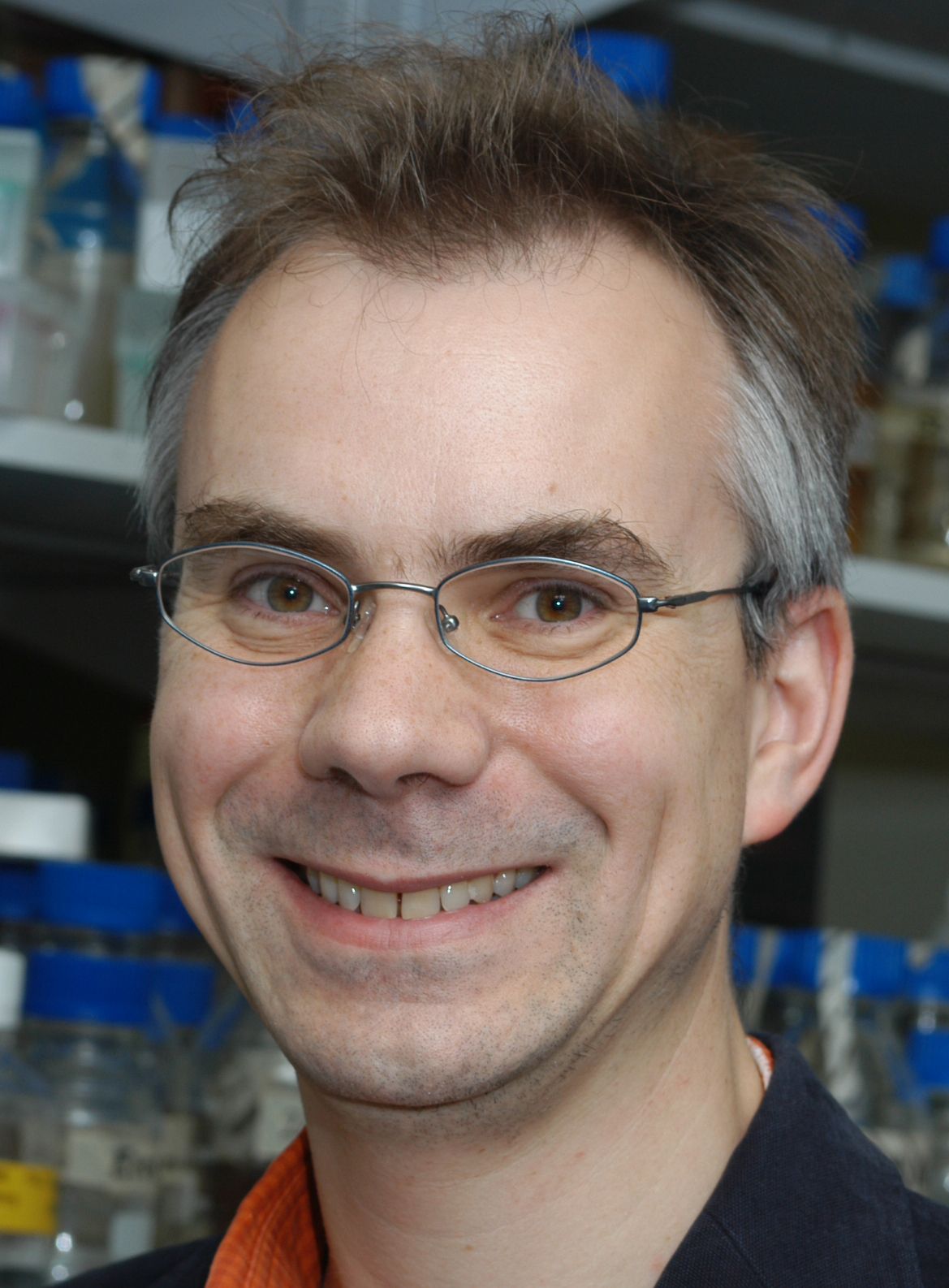The Late David Grimwade to be Honored With ASH's 2016 Exemplary Service Award
The American Society of Hematology (ASH) has announced that it will honor the late David Grimwade, PhD, with the 2016 Exemplary Service Award.
David Grimwade, PhD

David Grimwade, PhD
The American Society of Hematology (ASH) has announced that it will honor the late David Grimwade, PhD, with the 2016 Exemplary Service Award in recognition of his exceptional years of service and dedication to the society’s global programs.
Grimwade was previously a professor of molecular hematology in the Department of Medical & Molecular Genetics at King’s College London, and an honorary consulting hematologist in Guy’s and St Thomas’ NHS Foundation Trust, London.
According to a news release from ASH, the Exemplary Service Award was established in 1998 to recognize an individual whose outstanding service, extending over a period of years, has significantly advanced the interests of the society.
ASH President Charles S. Abrams, MD, will honor Grimwade with the award during the 58thASH Annual Meeting and Exposition, being held December 1 to 6 in San Diego, California.
Grimwade was chosen for the award before his passing in recognition of the key role he played in the International Consortium on Acute Leukemia (ICAL), an international clinical network supported by ASH that seeks to improve the care of patients with acute leukemia.
Since joining ICAL in 2007, Grimwade was dedicated to sharing his expertise with his Latin American colleagues, according to the release. In 2013, he was selected to be the chair of the Laboratory and Diagnostic Activities Subcommittee. In this role, he demonstrated excellent leadership skills and a commitment to helping laboratory personnel in Latin American ICAL countries strengthen their techniques and diagnostic capabilities, which led to significant improvements in the diagnosis and treatment of acute leukemia in that region.
Most recently, Grimwade coordinated the participation of the ICAL laboratories in the UK National External Quality Assessment Schemes. As part of the program, ICAL laboratories in Brazil, Chile, Paraguay, and Peru receive performance feedback from experienced scientific staff to improve molecular diagnostic capabilities necessary for implementing ICAL’s new protocol for the treatment of acute myeloid leukemia.
In addition, Grimwade worked with his ICAL colleagues to develop a chemotherapy-free protocol for the treatment of acute promyelocytic leukemia. He was instrumental in adapting the protocol to local circumstances and making it as user-friendly as possible. Following Grimwade’s advice, the consortium approved switching to the National Cancer Research Institute’s treatment schedule, which involves far fewer day-care visits and is associated with less toxicity than other treatment options.
Grimwade also made a tremendous impact in the Translational Research Training in Hematology (TRTH) program, a program led by ASH and the European Hematology Association, which is focused on helping early-career scientists build successful careers in hematologic translational research. Grimwade became co-director of TRTH in 2015.
“It is a privilege to recognize Dr. Grimwade for the Exemplary Service Award for his selfless dedication to the International Consortium on Acute Leukemia and Translational Research Training in Hematology programs. The generosity and commitment that he demonstrated by devoting so much of his energy and expertise to helping others made him a role model for us all,” said Abrams.
“Without his immense dedication to the field and to ASH, these 2 programs could not have evolved to enhance the study and practice of hematology all over the world. We will remember his commitment, friendship, and service, which have made a vast difference to hematologists and patients everywhere.”